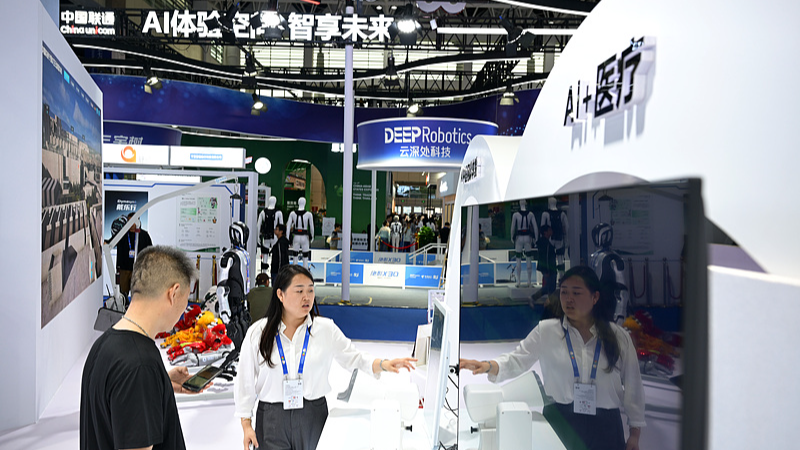Across the globe, artificial intelligence (AI) has leapt from the lab into everyday medicine, equipping doctors with cutting-edge tools to spot disease, tailor treatments and elevate patient outcomes.
"Physicians worldwide are increasingly viewing AI not as a novelty, but as a collaborator," says Professor Xu Chuan from Chongqing Jinfeng Lab. He notes that AI-driven systems can now pinpoint sesame seed–sized signals on scans that often escape the human eye, supercharging early cancer detection.
Beyond spotting minute lesions, these AI platforms integrate genetic profiles, lifestyle data and medical histories to map out personalized treatment paths. As Xu explains, "AI is evolving into a 'super assistant' – accelerating diagnoses and bolstering clinical confidence without replacing doctors."
Yet the promise of precision and speed depends on trust in the algorithms. Medical records remain dispersed across multiple systems and formats, hindering the development of reliable AI. Experts agree that standardized electronic health record protocols, regular data audits and privacy-preserving techniques—like collaborative training without direct data sharing—are key.
In a major step forward, the Chinese mainland's Reference Guide for AI Application Scenarios in the Healthcare Industry has introduced stricter privacy rules and a dual registration system. Under this framework, AI developers must earn sign-off from both regulators and hospital ethics committees. Liability is also clear: developers are on the hook if algorithms cause harm, while hospitals assume responsibility when doctors follow AI recommendations unquestioningly.
Looking ahead, Xu envisions AI woven into daily health management—continuously tracking vital signs and flagging risks before symptoms appear. Virtual hospitals could deliver remote consults as accurate as face-to-face visits, while AI-led rehab programs guide patients through home-based recovery.
This shift promises to reconceive healthcare as a seamless network linking homes, communities and hospitals. For rural areas, often starved of specialist expertise, AI-driven telemedicine could bring world-class care to village clinics. Globally, the integration of AI in medicine aims to make healthcare more predictive, personalized and accessible than ever before.
Reference(s):
AI in healthcare: now a must-have for every doctor's toolkit
cgtn.com




